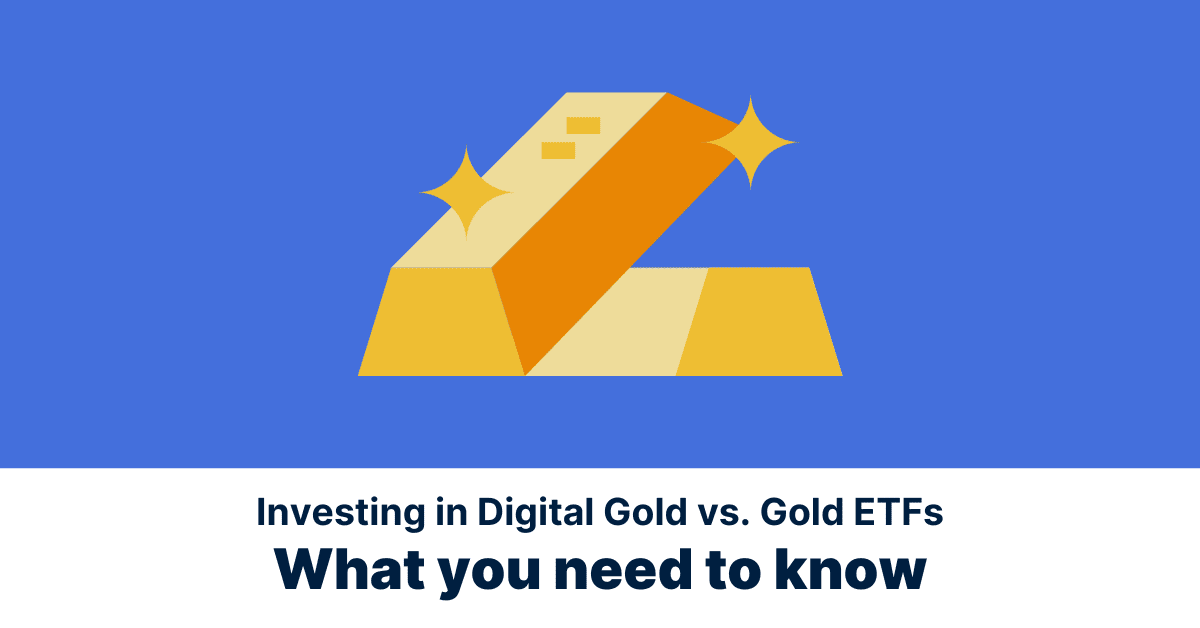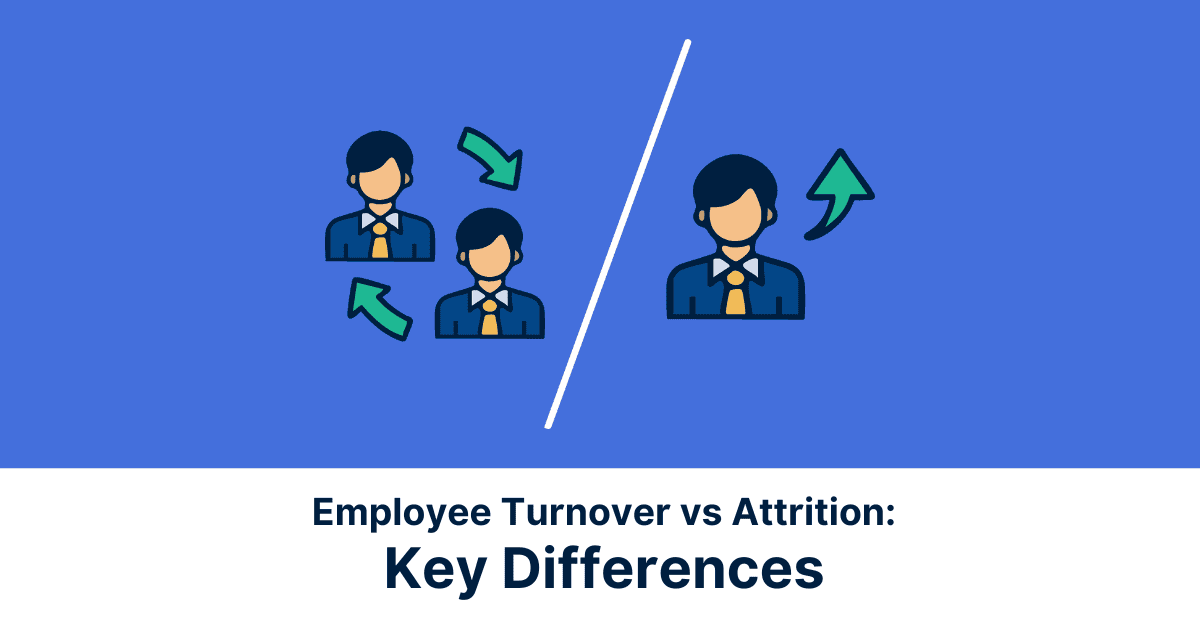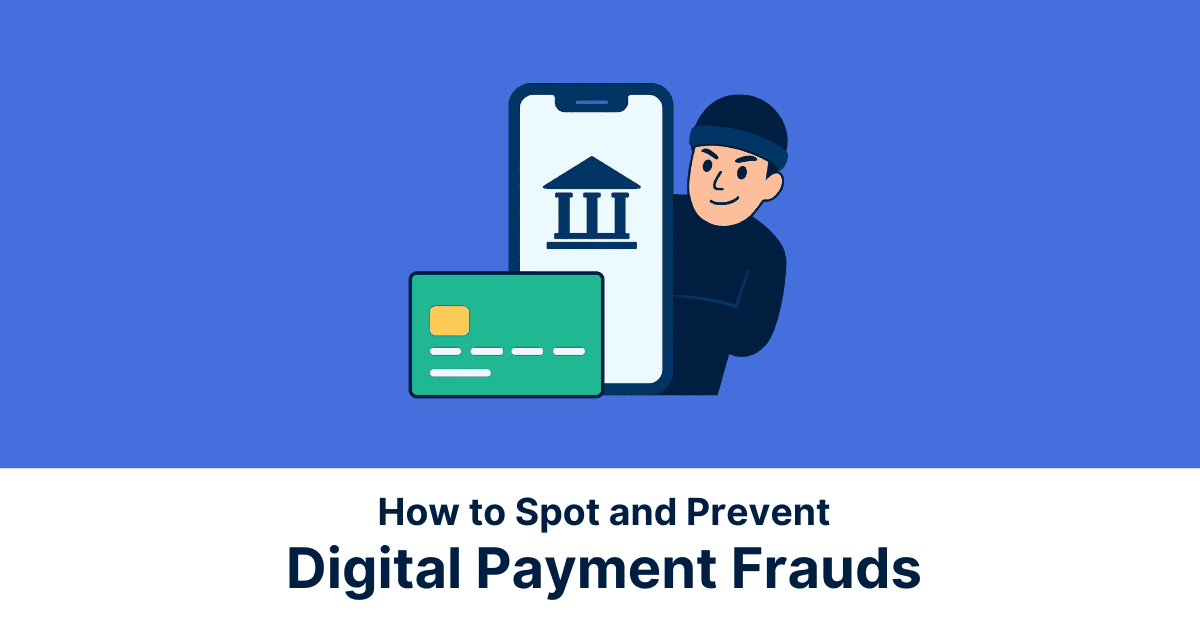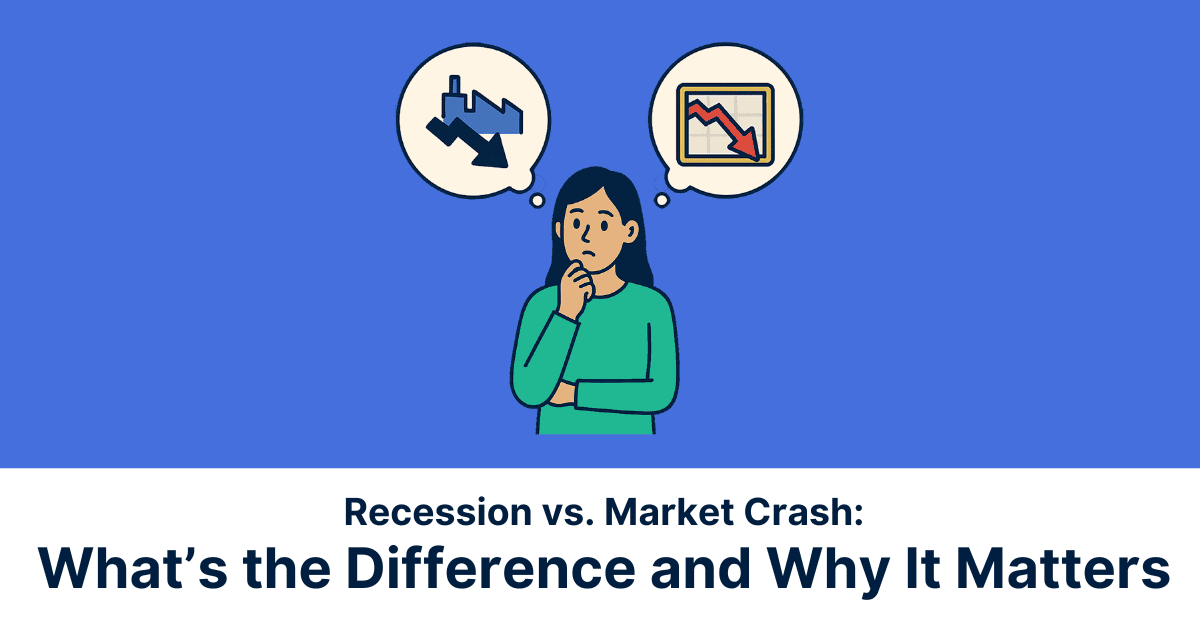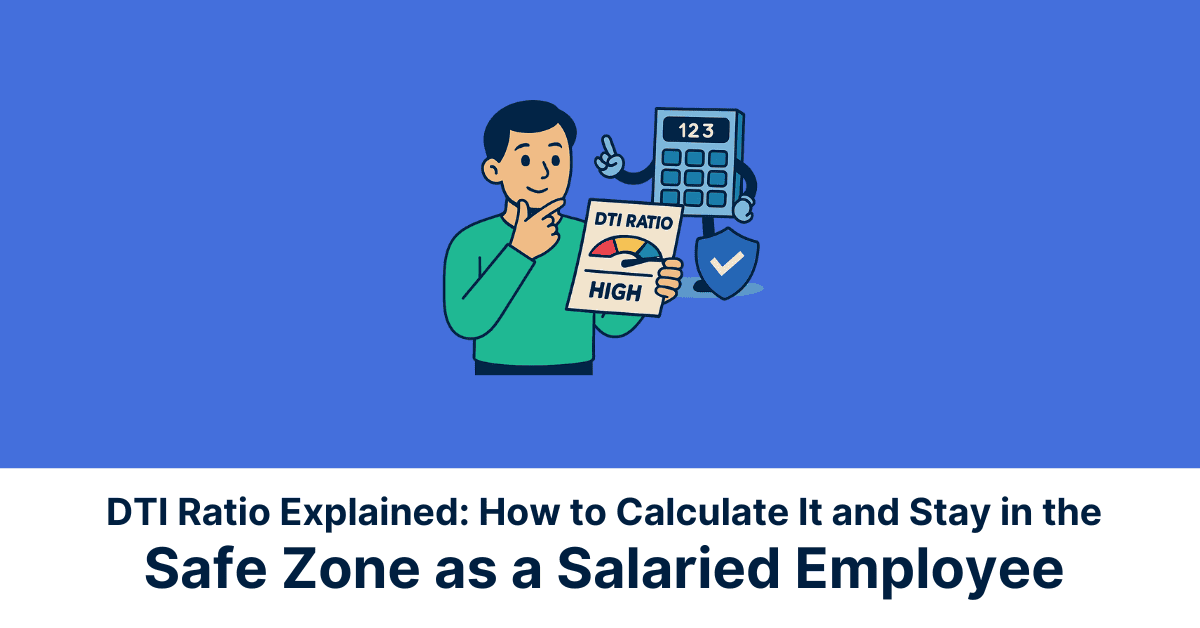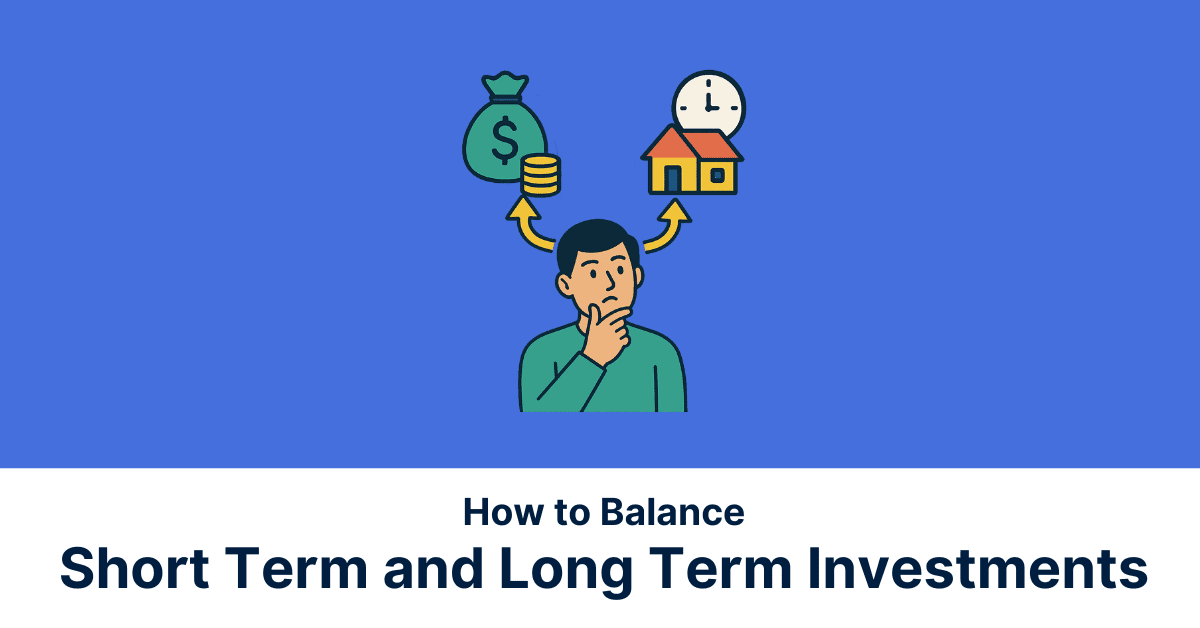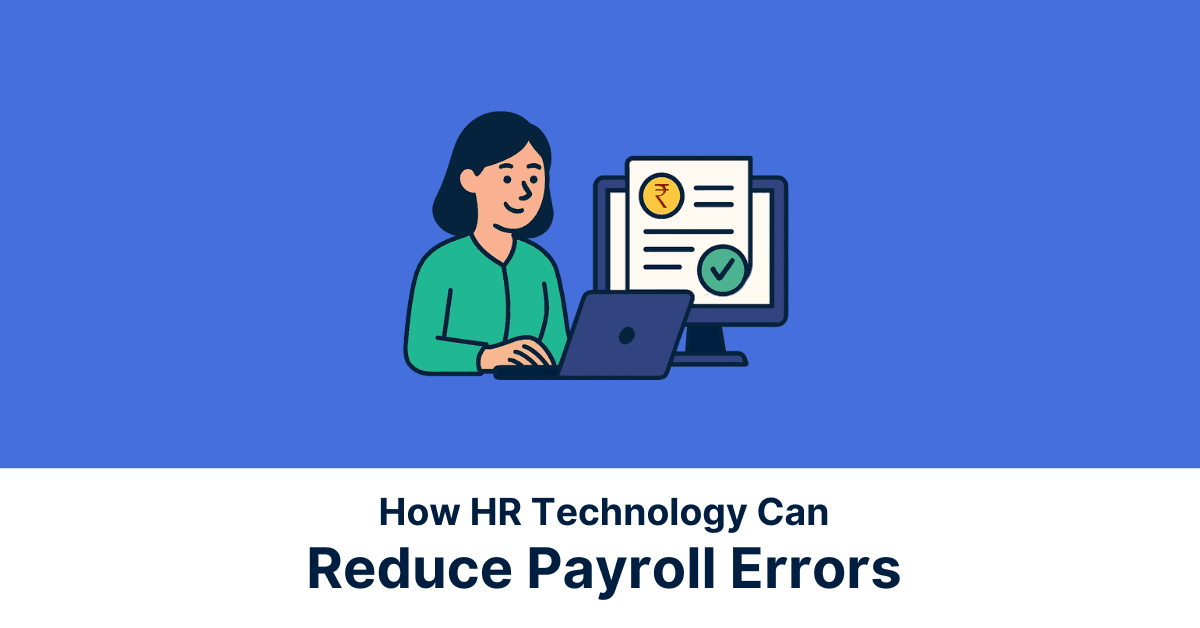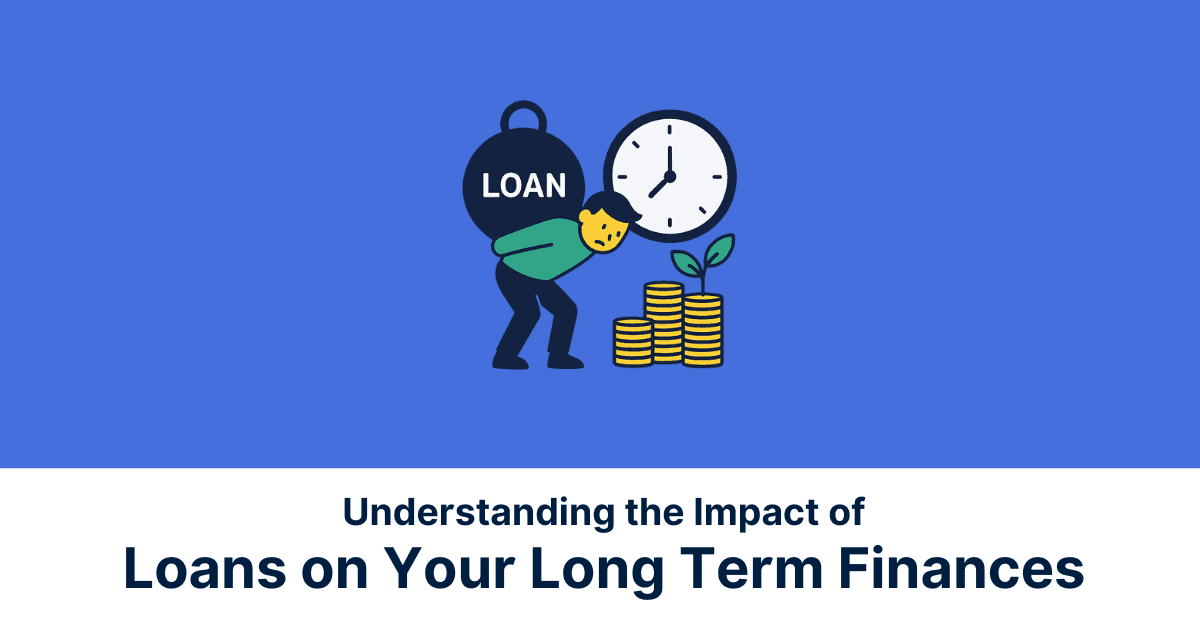Gold, as an asset holds a lot of monetary and cultural value in India. Almost every auspicious occasion is marked with the purchase of gold. Indian investors love buying gold even though there are better investment options available. With the rise of digitalization, gold investments have become more accessible and innovative. In this blog we will understand the difference between Digital Gold and Gold ETF.
What is Digital Gold?
Digital Gold is a virtual method of buying and investing in the yellow metal without having to physically hold the gold. You can buy it online, where every unit of digital gold purchase is 99.9% 24K pure gold. These digital gold assets are backed by physical gold stored in secure vaults.
The entire buying process, from application to allocation, is conveniently completed with the click of a few buttons. All you need is a smartphone or a computer and your digital gold investment is done. And the most attractive feature is that you can buy gold for as low as Re 1 which isn’t possible in the traditional way of purchasing gold. When you redeem the digital gold investment, you can either have the equivalent physical gold safely delivered to you or the redeemed amount is transferred to your bank online.
What is Gold ETF?
A Gold ETF is an exchange-traded fund that monitors the domestic price of physical gold.
Gold ETFs are units representing physical gold which may be in paper or dematerialised form. One Gold ETF unit is equal to 1 gram of gold and is backed by physical gold of very high purity.
When you invest in a gold ETF, you are essentially buying shares in the fund, which holds physical gold as its underlying asset. Gold ETFs combine the simplicity of gold investing with the flexibility of stock investing.
Gold ETFs are listed and traded on the National Stock Exchange of India (NSE) and Bombay Stock Exchange Ltd. (BSE) like a stock of any company. Gold ETFs trade on the cash segment of BSE & NSE, like any other company stock, and can be bought and sold continuously at market prices.
Buying Gold ETFs means you are purchasing gold in an electronic form. You can buy and sell gold ETFs just as you would trade in stocks. When you actually redeem Gold ETF, you don’t get physical gold, but receive the cash equivalent. Trading of gold ETFs takes place through a dematerialised account (Demat) and a broker, which makes it an extremely convenient way of electronically investing in gold.
Digital Gold vs Gold ETF: A detailed comparison

Who should invest in Digital Gold?
Digital gold is an option for investors who want to invest in gold but cannot afford the hefty investment or storage fees. Digital Gold enables investors to invest tiny sums, in other words, it allows investors to allocate small amounts of money due to its absence of strict investment minimums.
Since the sellers store the gold safely in their vaults, investors don’t need to worry about storage. Digital gold can be bought and sold online without the burden of actually possessing the asset. Moreover, investors have the option of cashing out their investment or redeeming it for actual gold in the form of coins or bars.
Who should invest in a Gold ETF?
Gold ETFs are ideal for investors who wish to invest in gold but do not want to invest in physical gold due to the storage hassles, doubt about the purity of gold, and are also looking to get tax benefits.
Gold ETFs are also good for those investors who want to diversify their portfolio and gain exposure to gold while also participating in the stock market. They are backed by physical gold of 99.5% purity, which makes them a low-risk investment for investors with a low risk tolerance.
Conclusion
Both digital gold and gold ETF may look very similar. The key difference is the physical delivery option by digital gold, while gold ETF does not have this option.
However, choosing between the two depends on individual preferences and investment objectives.
Ultimately, the decision should be based on factors such as investment horizon, risk tolerance, and the ease of access to physical gold.
Gold ETFs and Digital Gold offer valuable avenues for including gold in an investment portfolio. However, it is advisable to carefully assess one’s financial goals and make a decision based upon what aligns with one’s unique investment needs.
*Disclaimer:
The information contained herein is not intended to be a source of advice concerning the material presented, and the information contained in this article does not constitute investment advice. The ideas presented in the article should not be used without first assessing your financial situation or without consulting a financial professional.
